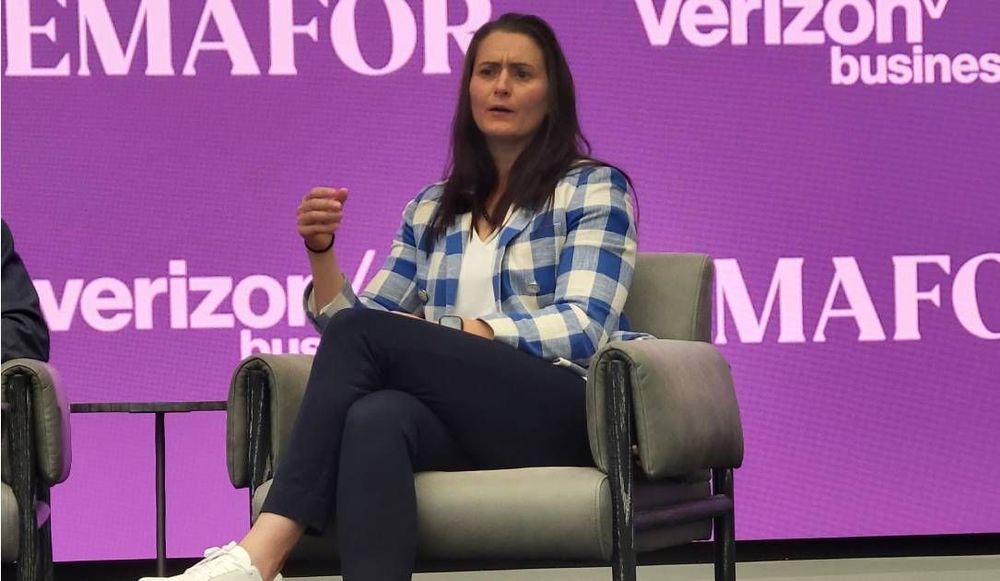November election will be ‘more secure than any previous,’ US cyber official says
The 2024 U.S. election will be “more secure than any previous” campaign cycle, one of the federal government’s top election officials said on Tuesday.
Headed into November “we do have the highest degree of security for our infrastructure than any other cycle,” Cait Conley, a senior adviser to the director of the Cybersecurity and Infrastructure Security Agency (CISA), said at a Semafor event in Washington.
“But, that being said, we're certainly not taking our eye off the ball,” she added.
“We understand this is also the most complex threat landscape we've seen for an election cycle. And so while we are confident we are not complacent. And we continue to work with election officials and the vendors to push the envelope on security.”
Her comments come amid a growing chorus of administration officials and congressional lawmakers who warn digital threats to voting have multiplied since Moscow sought to undermine the 2016 presidential race.
While some national security leaders predict the upcoming Election Day will be safeguarded, concerns remain, especially with the rise of emerging technology, like generative artificial intelligence, that could be utilized in the increasing number of foreign influence campaigns.
Conley, who was appointed to her post last year, said authorities do not believe AI will “fundamentally introduce new risk” to the 2024 cycle but rather will “exacerbate some existing” threats by lowering the bar for various actors to leverage their malicious activities.
“You don't need to know how to code anymore to leverage malware,” she told the audience. “That makes it easier for someone to try to leverage a cyberattack for their intents and purposes, whether criminal or otherwise. When you look at foreign influence operations, and disinformation, the ability to make that synthetic whatever more compelling, more persuasive, is absolutely there.”
On disinformation specifically, Conley said the “whack-a-mole strategies that we've employed in the past” won’t be effective in today’s information environment, given the proliferation of platforms for distribution, from social media down to chat channels.
She credited state and local officials for the “tremendous” amount of work they have done to ensure the security and resiliency of their voting systems since 2016, such as air gapping networks — making them isolated from insecure systems — and conducting penetration tests.
“We need to make sure people are resilient and, again, understand that just because you see it doesn't mean it's accurate. And to get to that authoritative source,” she said.
Martin Matishak
is the senior cybersecurity reporter for The Record. Prior to joining Recorded Future News in 2021, he spent more than five years at Politico, where he covered digital and national security developments across Capitol Hill, the Pentagon and the U.S. intelligence community. He previously was a reporter at The Hill, National Journal Group and Inside Washington Publishers.



